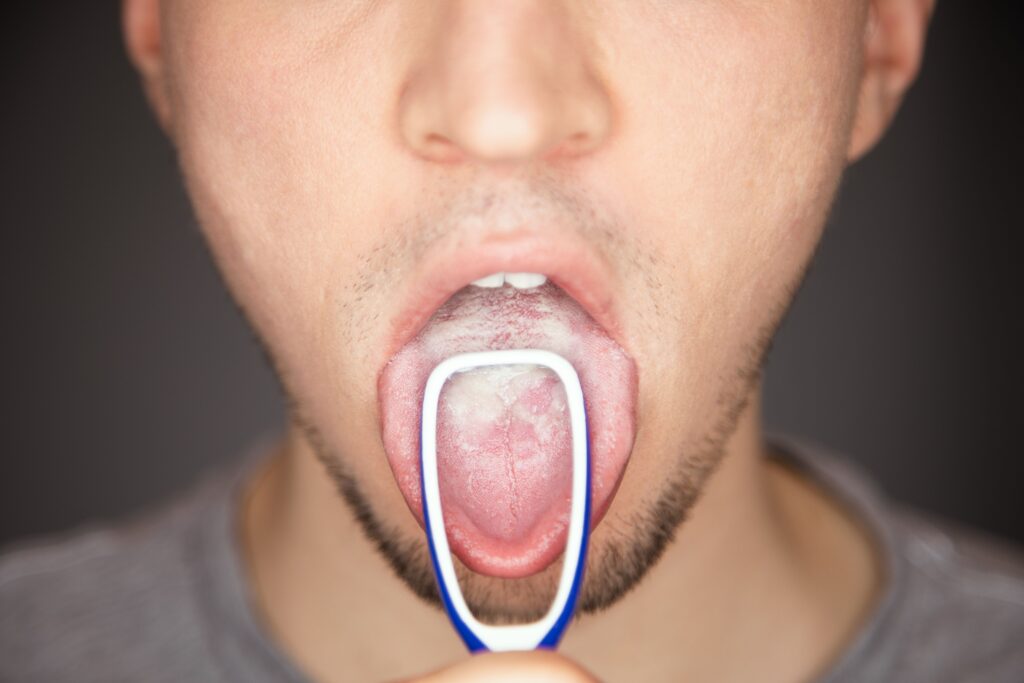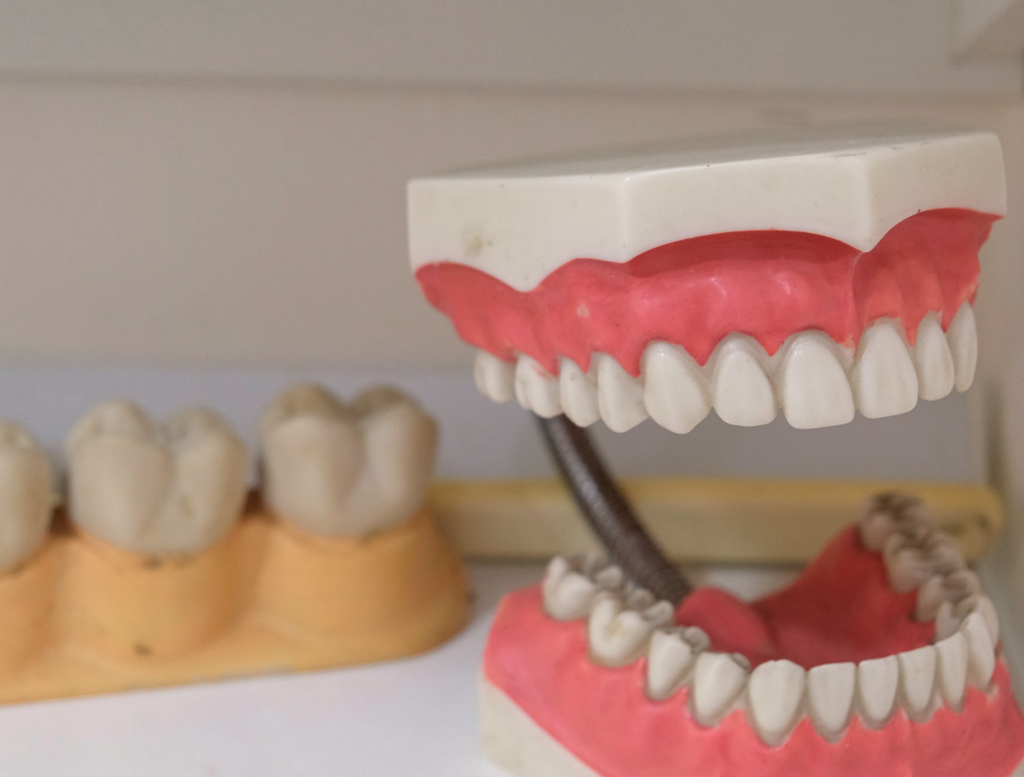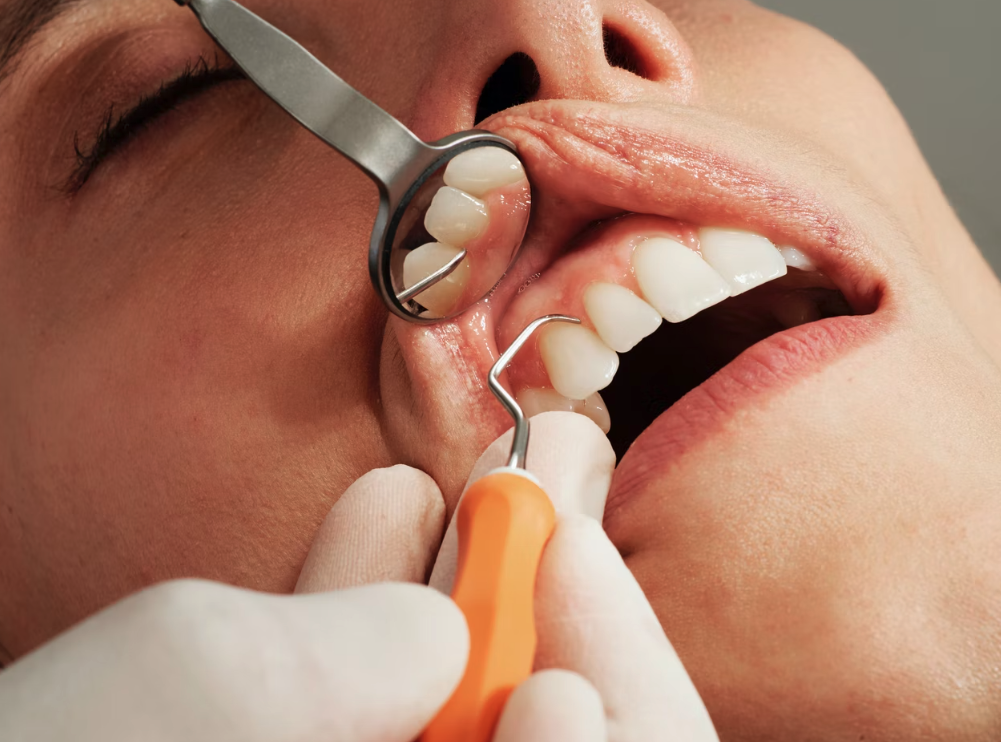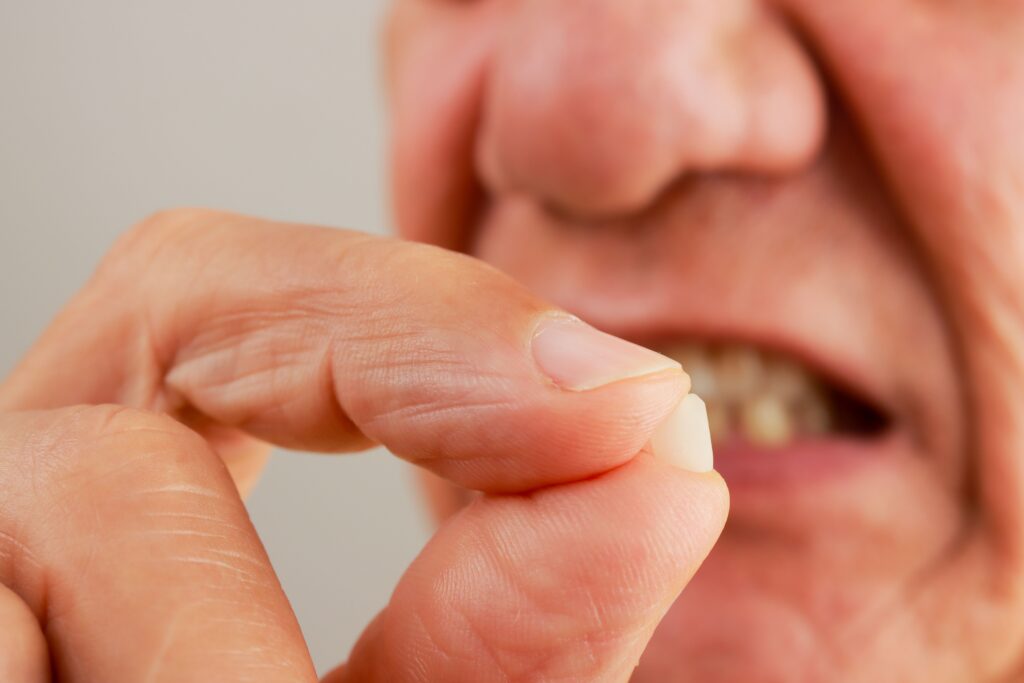For many who are well into adulthood now, having wisdom teeth removed during adolescence was considered somewhat of a rite of passage. Though the removal of wisdom teeth while young is a relatively common practice, few know why that is, or what the potential consequences are of waiting to have them removed.
What Are Wisdom Teeth?
Located in the very back of the mouth, your wisdom teeth are the last four teeth to break through the gums. Their development and arrival can begin anytime during the teen years, and by your mid-20s, they will either fully erupt or become impacted if they are not removed.
What Are Impacted Wisdom Teeth?
Wisdom teeth become impacted when they are blocked by nearby teeth and don’t have enough room to fully emerge. If left to grow, they can damage adjacent teeth and result in severe pain and inflammation in the mouth and jaw area. There are two main types of impacted wisdom teeth:
- – Partially impacted (some of the tooth is visible)
- – Fully impacted (the entire tooth is below the gum line)
In either case, an impacted wisdom tooth must be dealt with.
Signs Your Wisdom Teeth Are Impacted
Oftentimes, impacted wisdom teeth show no symptoms; however, when they do, symptoms vary and can either be mild or severe. Sometimes symptoms are due to the impacted tooth; other times the bacteria in the mouth get under the gum tissue and cause an infection. This can occur even when the tooth is not visible.
The following are the most common signs:
- – Headaches
- – Halitosis
- – Difficulty opening your mouth
- – Tender, swollen, or bleeding gums
- – Swelling in the jaw area
- – Pain when chewing
More often than not, patients are advised to have their wisdom teeth removed before the teeth become impacted. Removing the tooth before the roots are fully formed makes an extraction easier and the healing faster. Should they become impacted, a simple surgery can be performed to remove them.
If you or your child are presenting with symptoms associated with impacted wisdom teeth, a dentist is the best professional to help you determine the cause and course of action. If extraction is required, you can expect an outpatient procedure that includes sedation and tooth removal.
For more information about preventing and resolving impacted wisdom teeth, as well as standard extraction procedures, contact us today at (740) 885-3166. We look forward to keeping your smile happy and healthy through all of its ages and stages.








